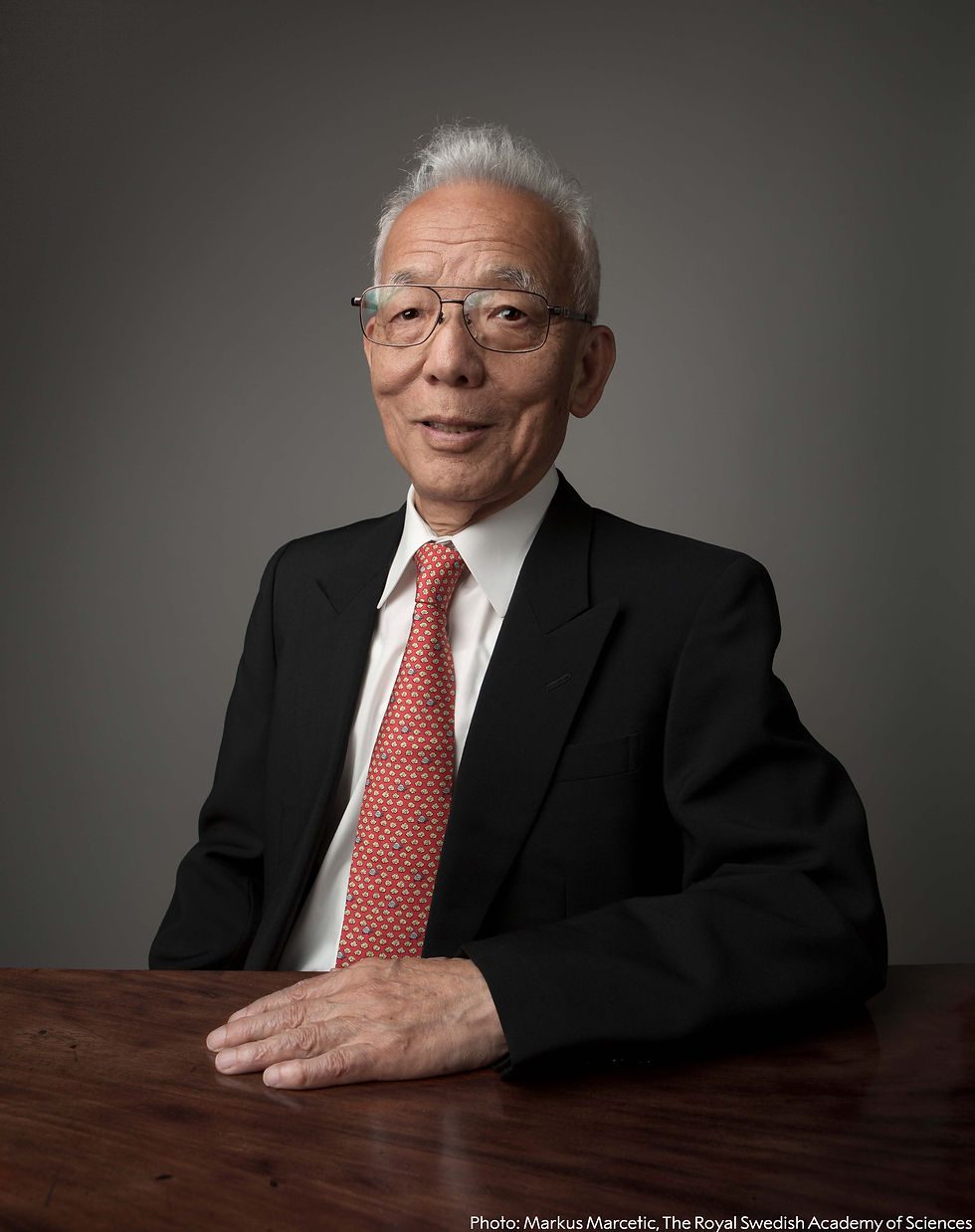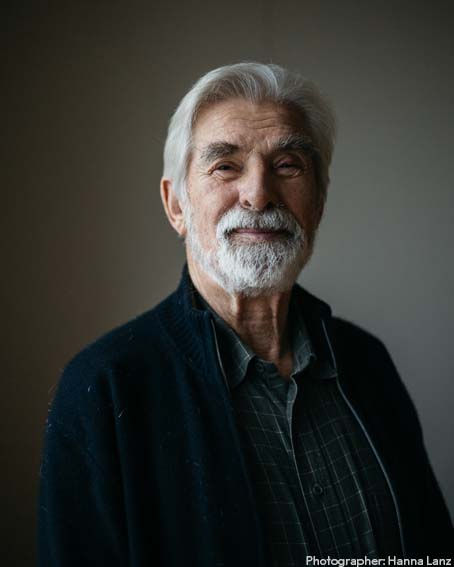The Nobel Prize in Physics 2021 is awarded to Syukuro Manabe, Princeton University, USA, Klaus Hasselmann, Max Planck Institute for Meteorology, Hamburg, Germany and Giorgio Parisi, Sapienza University of Rome, Italy “for groundbreaking contributions to our understanding of complex physical systems”. Here is the highlight of their work.
Sabysachi Roy, Associate Professor in Physics, Karimganj College, India is well known for his prolific writing in different dailies on science and other topics. Apart from his professional assignment, Dr Roy is associated with the multilingual web-Magazine 'The Mirrow'. (Email: sroy.phys@gmail.com)
'It is clear that for future generations we must act very quickly now' - such concerns were expressed by Giorgio Parisi, one of the recipients of Nobel prize in physics 2021, in an interview about the current world climate.

The Royal Swedish Academy of Sciences announced the winners of this year's Nobel Prize in Physics on October 5, 2021. A total of three people has been jointly awarded this prestigious prize for their groundbreaking contributions in two areas. Giorgio Parisi, a professor and scientist at the Sapienza University in Rome, Italy, has been honored “for the discovery of the interplay of disorder and fluctuations in physical systems from atomic to planetary scales”, In addition, Klaus Hasselmann, a scientist at the Max Planck Institute of Meteorology in Germany and Syukuro Manabe, a professor of Meteorology at Princeton University, US, have been awarded “for the physical modelling of Earth’s climate, quantifying variability and reliably predicting global warming”. Thomas Perlmann, secretary of the Nobel Committee, announced the names of the three scientists on October 5, 2021. Half of the prize-money will go to Syukuro Manabe and Klaus Hasselmann jointly, and the other half will go to Giorgio Parisi.

Syukuro Manabe

Klaus Hasselmann
Both born on 1931, Sukuro Manabe and Klaus Hasselmann are now 89 years old. Comparatively, Giorgio Parisi is younger, he was born in 1948. Their contribution in the climate change and complex system have been well-accepted since long. The 'Hasselmann Theory' is a widely studied subject in Oceanography. Similarly, Sukuro Manabe's theory of observing weather and climate movements is well known. On the other hand, Giorgio Parisi

Giorgio Parisi
has worked and contributed to multiple disciplines in physics. He has worked on almost everything from the complex systems to the high energy physics. Although, Parisi is also a well-known name in the field of high energy physics, he has received the Nobel Prize for his work on complex systems for his discoveries on hidden patterns in disordered complex materials. It is worth mentioning that, Parisi is one of the famous contributors for the development of Altarelli-Parisi equation (Popularly known as AP equation and now known as DGLAP equation), which is one of the key evolution equation in the parton model of high energy physics. Many experts opined that receiving Nobel prize by Parisi in this year was indeed a backlog for several years and much needed for the appropriate recognition of field of non-linear dynamics, complex systems and statistical modeling. Also the research on the modelling of climate by Manabe and Hasselman has helped us to understand the issue of the climate change quantitatively which is directly connected with to the fatal 'Global Warming' that has engendered the humanity. This recognition has forwarded for the scientists working on this sector.
‘The discoveries being recognized this year demonstrate that our knowledge about the climate rests on a solid scientific foundation, based on a rigorous analysis of observations. This year’s Laureates have all contributed to us gaining deeper insight into the properties and evolution of complex physical systems,’ says Thors Hans Hansson, chair of the Nobel Committee for Physics.
Join us to create relevant content:
Writing on an academic issue either in form of study-report, news or in journal brings your work to the attention technical people of your field and also to the commoners. We invite you to be associate with the research and educational programs undertaken by CASILab and captivate the readers’ attention through your positive thought & activities.

Comments